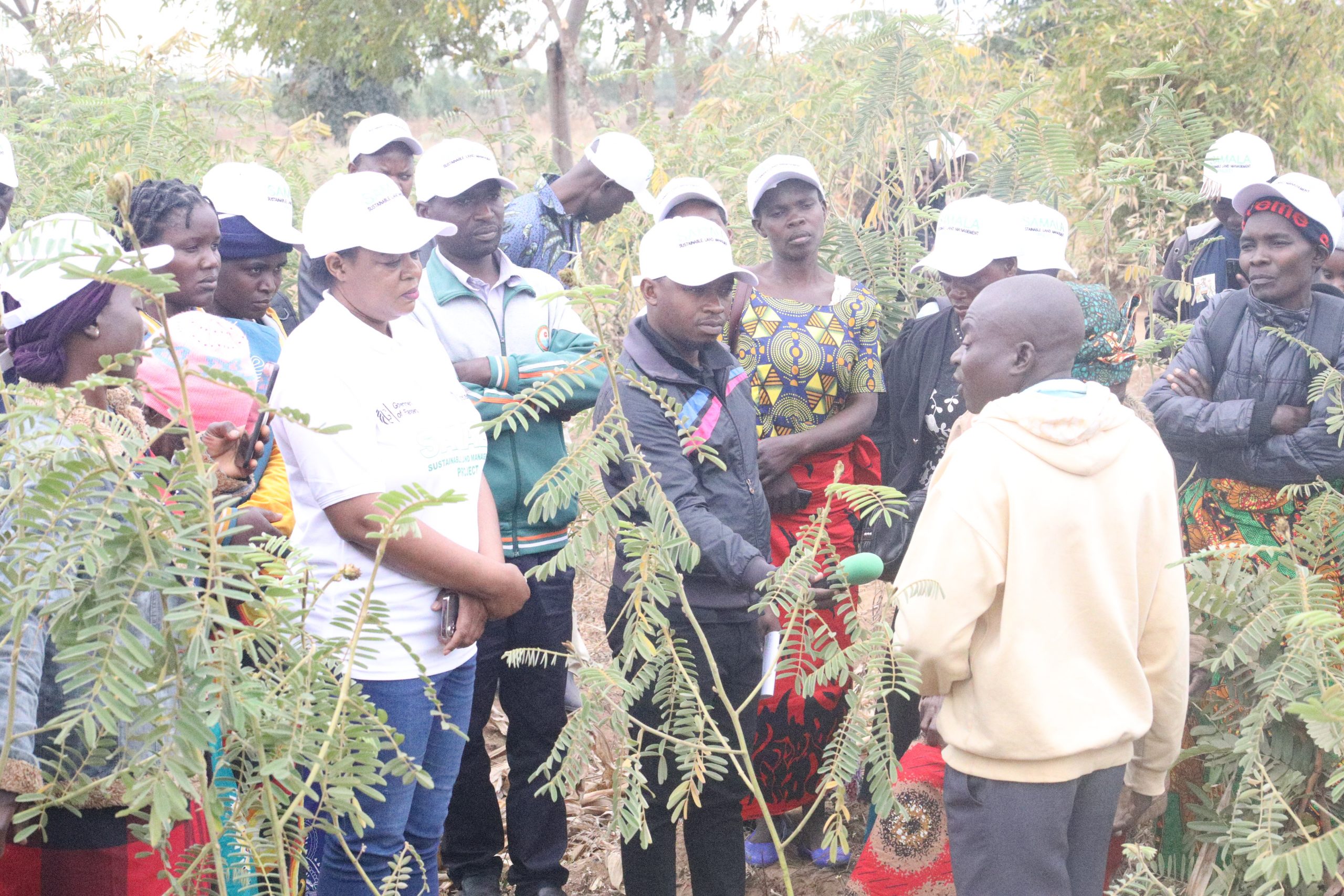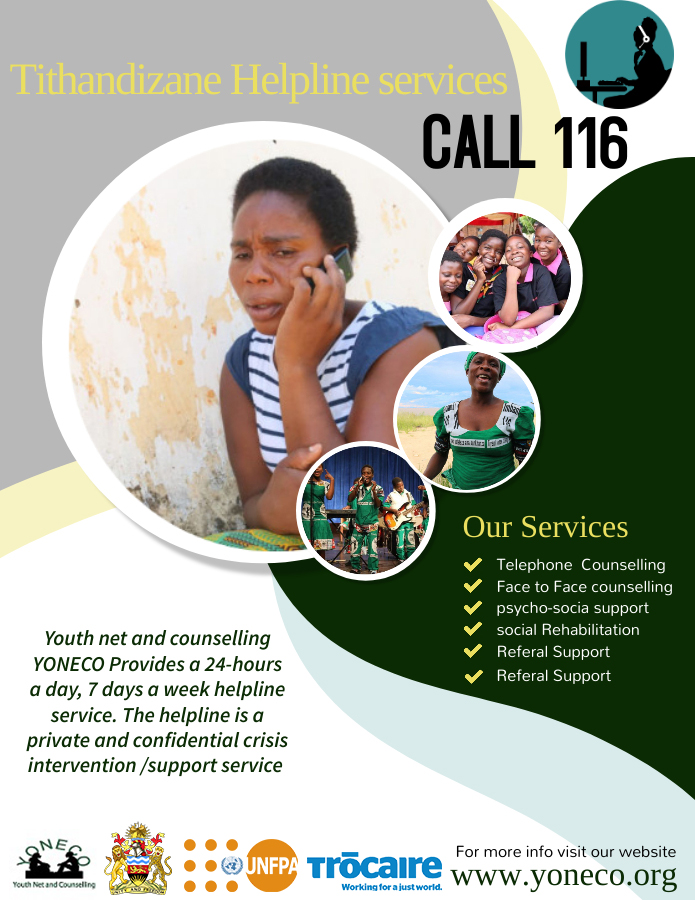Sustainable Land Management (#SLM) practices are key to achieving long-term environmental and socio-economic goals. It involves the responsible use and management of land resources to ensure their productivity while minimizing negative impacts on the environment.
Today, partners that are implementing Sustainable Land Management (SAMALA) Project organized a Peer Learning Exchange Visit that was conducted at Lisasadzi Extension Planning Area (EPA) in Kasungu district. Over 30 lead farmers from the project’s impact areas attended the activity which was aimed at promoting the adoption of SLM practices.
The participants exchanged knowledge on the effective application of sustainable land management techniques to maximize their benefits.
One of the farmers, Eunice Kanyenjere from the area of Traditional Authority (TA) Nthondo in Ntchisi district, attested that she is now able to harvest 15 bags (50 kg) of maize on a piece of land where she used to harvest three bags before adopting SLM techniques.
“One good thing about #SLM is that I am now able to harvest more yields without the use of inorganic fertilizers which are very expensive,” explained Eunice.
MacDobald Magalasi, a resident of T/A Njombwa in Kasungu, explained how implementing SLM practices has helped him to drastically improve the fertility of his maize field. As a result, he is now able to harvest 25 to 30 bags of maize per acre, a significant increase from his previous yield of only 8 bags.
Sustainable land management practices focus on promoting soil health, conserving water resources, preserving biodiversity, and reducing land degradation. This can be achieved through various methods such as crop rotation, agroforestry, and the use of organic fertilizers.
SAMALA Project is being implemented in Kasungu, Ntchisi, Dowa, and Mzimba by a consortium of three organizations namely, Total LandCare Global, World Agroforestry – ICRAF and #YONECO. The project is being funded by Irish Aid and the Government of Flanders.


